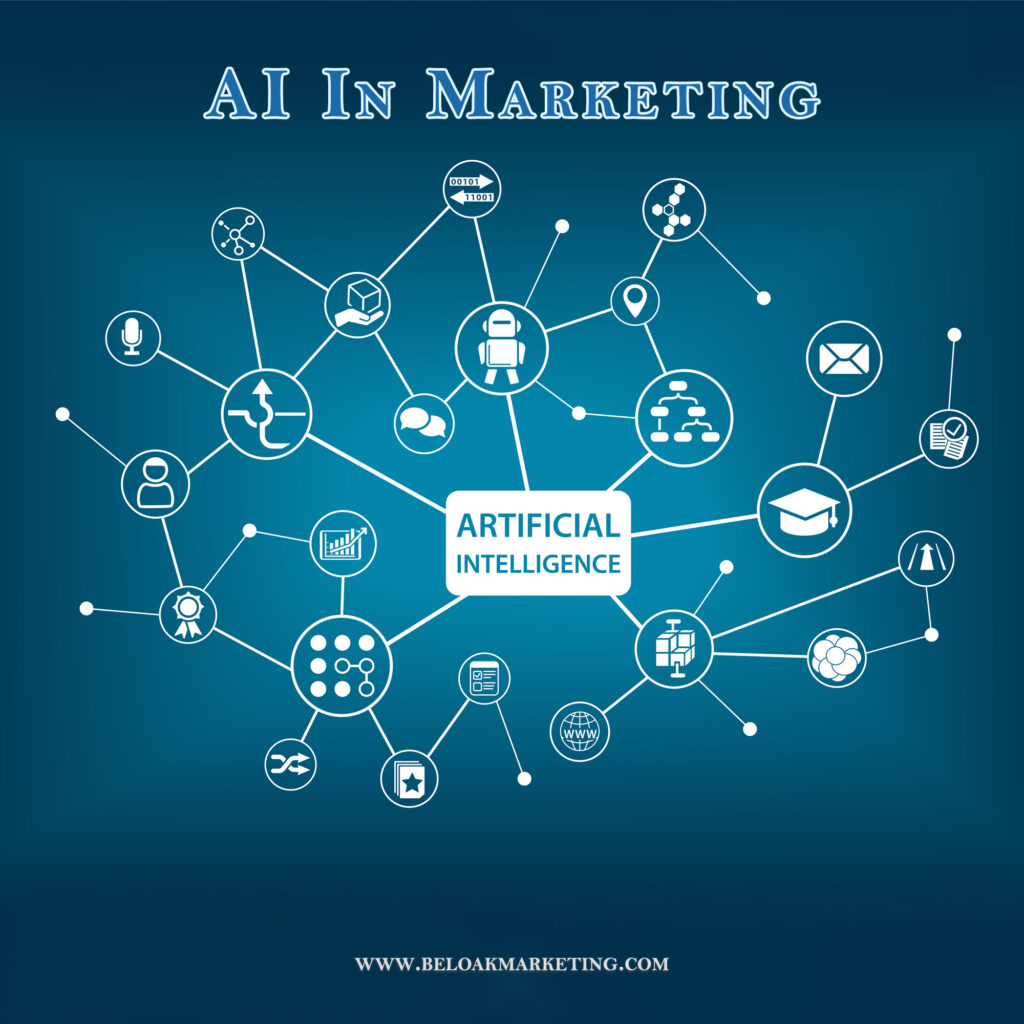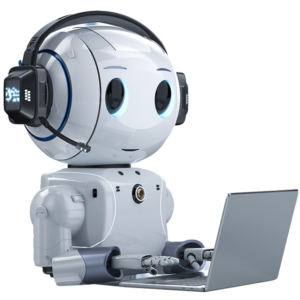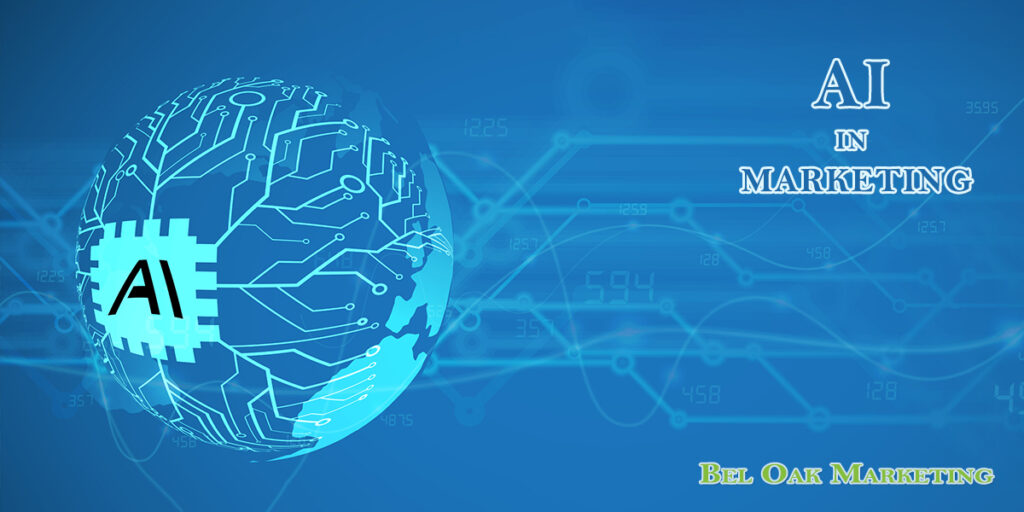In today’s digital age, the importance of search engine optimization (SEO) cannot be overstated. Businesses, websites, and individuals rely on SEO to improve their visibility on search engine results pages (SERPs), attract organic traffic, and ultimately increase their revenue. However, with the advent of artificial intelligence (AI) and machine learning, some experts are predicting that SEO’s days may be numbered. In this article, we’ll explore whether SEO will disappear when AI makes search habit change.
What is SEO, and How Does It Work?
SEO refers to the practice of optimizing a website or digital content to improve its ranking on search engine results pages (SERPs). It involves various techniques such as keyword research, on-page optimization, link building, and content creation, among others. Those approaches have been in market for years on website optimization.
SEO works by making a website more attractive to search engine algorithms. Search engines like Google and Bing use complex algorithms to determine the relevance and usefulness of a website’s content to a user’s search query. The algorithms take into account various factors, such as keyword density, backlinks, page loading speed, and user experience, among others.
SEO practitioners employ various tactics to improve a website’s ranking on SERPs. For example, they may use relevant keywords in their content and meta tags, create high-quality backlinks from authoritative websites, and optimize their website’s speed and user experience.
How AI is Changing the Search Landscape
Artificial intelligence and machine learning are transforming the way people interact with search engines. With AI-powered search, users can now perform more complex and specific searches, get personalized recommendations, and receive instant answers to their queries.
For example, Google’s AI-powered search algorithm, RankBrain, uses machine learning to interpret and understand search queries better. It can identify the intent behind a search query and provide relevant results even if the query contains misspelled or ambiguous words.
Moreover, AI-powered search is becoming more personalized. Search engines can now collect data on users’ search history, location, device, and other factors to provide customized results. For example, if a user frequently searches for vegan restaurants in their area, search engines may prioritize vegan restaurant results for that user’s future searches.

Will AI Replace SEO?
Given the rapid advancements in AI and machine learning, it’s natural to wonder whether SEO will become obsolete. Some experts predict that as AI becomes more sophisticated, it will be able to understand the intent behind a user’s search query better and deliver highly relevant results without the need for traditional SEO techniques.
However, it’s important to note that AI is not a replacement for SEO, at least not yet. While AI-powered search is becoming more sophisticated, it still relies on SEO to work effectively. For example, AI algorithms need high-quality content to analyze and understand a website’s relevance and usefulness to a user’s search query.
Moreover, AI-powered search is still in its early stages, and it will take some time before it becomes mainstream. In the meantime, traditional SEO techniques remain crucial for improving a website’s ranking on SERPs and attracting organic traffic.
The Future of SEO and AI
While AI is unlikely to replace SEO entirely, it will undoubtedly change the way SEO is done. As AI-powered search becomes more prevalent, SEO practitioners will need to adapt their strategies to stay ahead of the curve.
For example, SEO practitioners will need to focus more on creating high-quality, relevant content that can be easily interpreted and analyzed by AI algorithms. They will also need to pay more attention to user experience and website performance, as these factors are becoming increasingly important for AI-powered search.
Moreover, SEO practitioners will need to embrace new AI-powered tools and technologies to enhance their SEO efforts. For example, AI-powered content creation tools can help generate high-quality
content that is tailored to specific audiences and optimized for search engines. AI-powered analytics tools can also help SEO practitioners to gain deeper insights into user behavior and search patterns, allowing them to fine-tune their SEO strategies for maximum impact.
Another potential impact of AI on SEO is the rise of voice search. As more people use voice assistants like Siri, Alexa, and Google Assistant, SEO practitioners will need to optimize their content for voice search queries. Voice searches tend to be more conversational and longer than text-based searches, so SEO practitioners will need to create content that is more conversational and optimized for natural language processing.
However, despite the potential impact of AI on SEO, it’s important to note that SEO will not disappear overnight. While AI-powered search is becoming more prevalent, traditional SEO techniques remain crucial for improving a website’s ranking on SERPs and attracting organic traffic.
However, SEO will continue to evolve and adapt to the changing search landscape. As new technologies emerge and user behavior changes, SEO practitioners will need to be nimble and adaptable to stay ahead of the curve.

Conclusion
In conclusion, the rise of AI-powered search is undoubtedly changing the search landscape, but it’s unlikely to spell the end of SEO. While AI-powered search is becoming more sophisticated, it still relies on traditional SEO techniques to work effectively.
Moreover, SEO practitioners will need to adapt their strategies to stay ahead of the curve as AI-powered search becomes more prevalent. They will need to focus more on creating high-quality, relevant content that can be easily interpreted and analyzed by AI algorithms. They will also need to pay more attention to user experience and website performance, as these factors are becoming increasingly important for AI-powered search.
Overall, while the future of SEO may be uncertain, one thing is clear: SEO practitioners who are willing to embrace new technologies and adapt their strategies will be best positioned to succeed in the changing search landscape.





